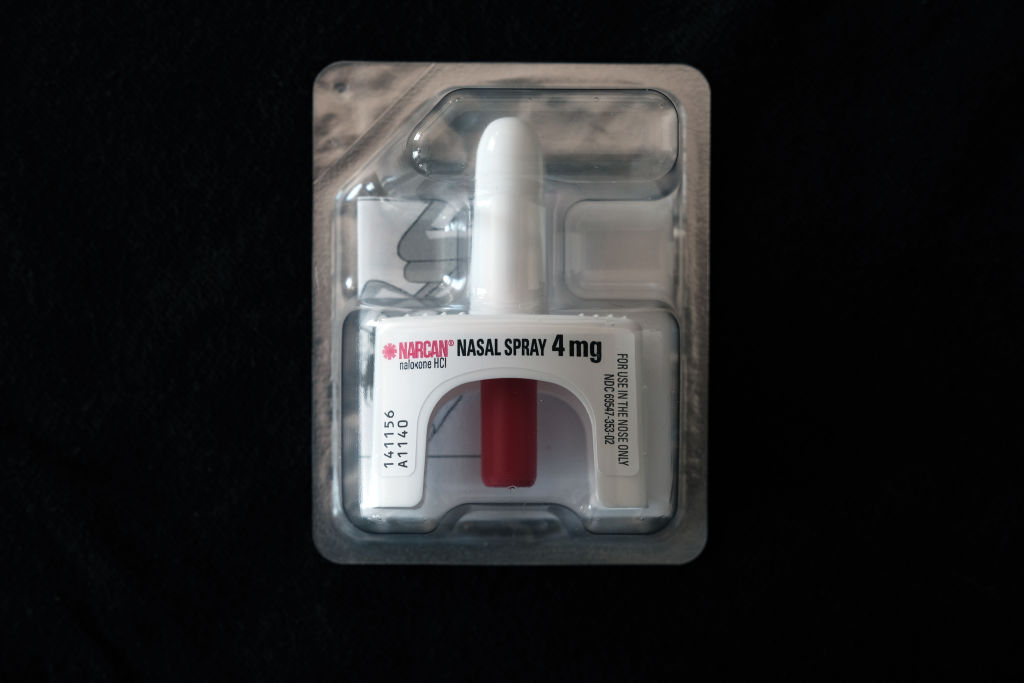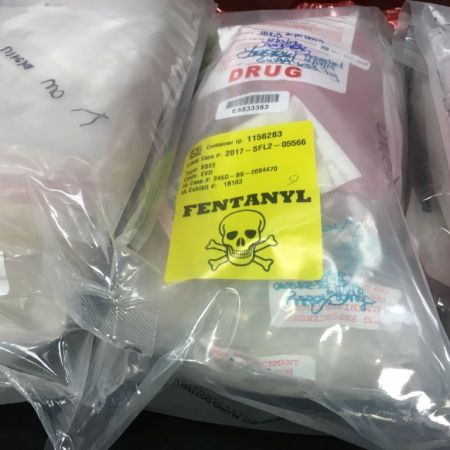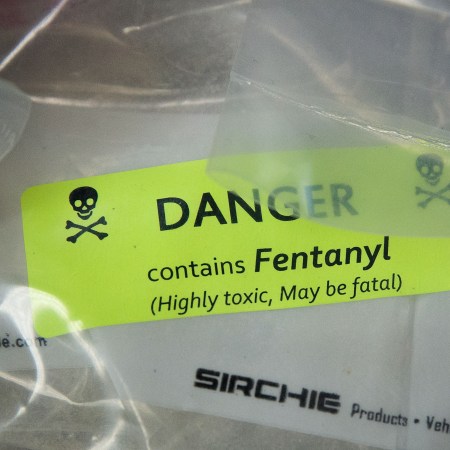In October of this year, New York City mayor Eric Adams signed into law a piece of legislation that allowed for the free distribution of Narcan to music venues and clubs across the city. Narcan has the effect of reversing an opiod overdose, and can easily be deployed by spraying it in the nose of someone who has overdosed.
In a statement, Ariel Palitz, the executive director of the New York City Mayor’s Office of Nightlife, addressed the impetus behind this legislation. “The safety and well-being of the nightlife community is a top priority for the Mayor’s Office of Nightlife,” Palitz said. “Because of this, we created the Narcan Behind Every Bar program with DOHMH to provide venues, staff, and security with free, life-saving training and overdose rescue kits.”
Unfortunately, New York City — where venues, artists and local government are all on the same page when it comes to a strategy of preventing overdoses — is the exception rather than the rule. In a powerful new article at Pitchfork, Marc Hogan wrote about the efforts of a wide variety of musicians — including Pearl Jam, Atmosphere and Twin Shadow — to make sure that venues, and even other artists, have Narcan on hand should an emergency situation develop.
As Hogan describes, many of the artists in question are working closely with nonprofits like Lukelove to make their case and get Narcan in the hands of people who can save lives with it. The article details numerous obstacles to this, including the cost of Narcan, venues concerned about liability issues and a wide variety of local laws that could have an impact on how the treatment of an overdose is handled.
There are echoes here of the controversy around Fentanyl test strips, and surrounding harm reduction strategies more generally. But it’s eminently frustrating to read the aforementioned article and learn that the materials exist to reverse the effects of countless overdoses across the nation — but that certain people or institutions aren’t willing to make use of them.
Thanks for reading InsideHook. Sign up for our daily newsletter and be in the know.


















